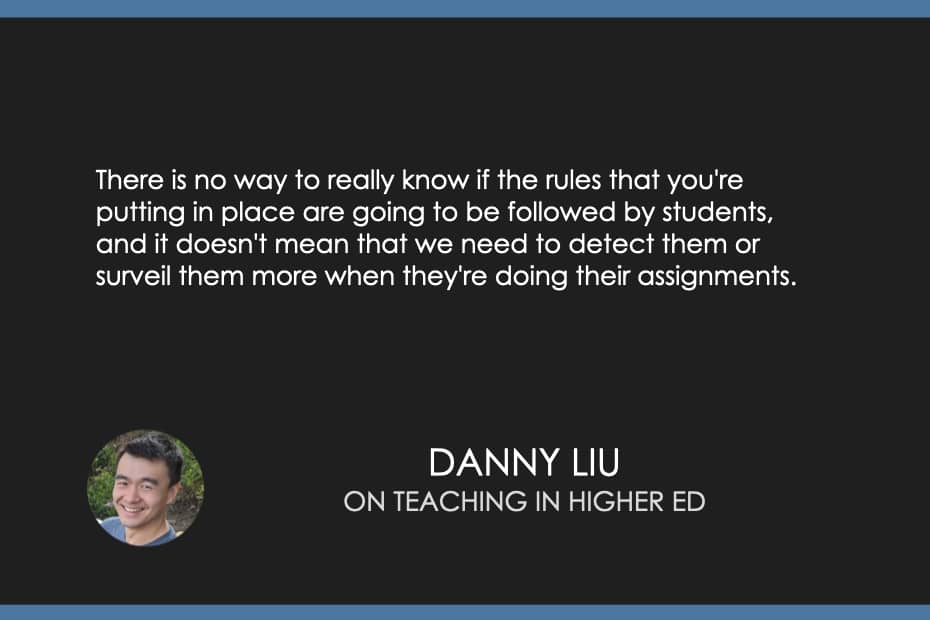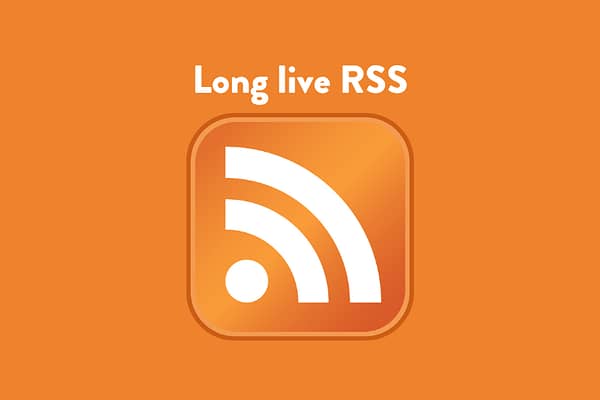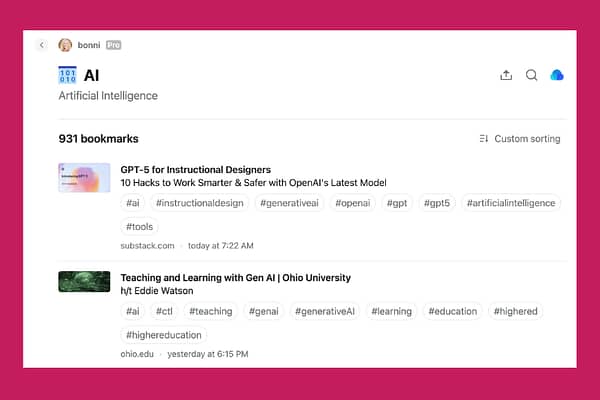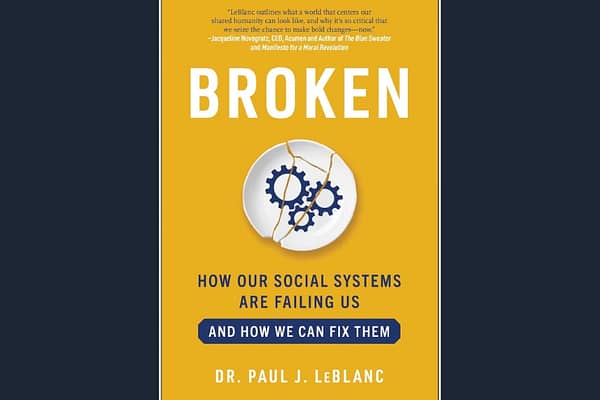Podcast (tihe_podcast):
Play in new window | Download | Transcript
Subscribe: Apple Podcasts | Spotify | RSS | How do I listen to a podcast?
Danny Liu shares a different way to think about AI and assessment on episode 584 of the Teaching in Higher Ed podcast.
Quotes from the episode

Our students are presented with this massive array of things they could choose from. They may not know the right things to choose or the best things to choose. And our role as educators is to kind of guide them in trying to find the most healthy options from the menu to choose from.
-Danny Liu
People want to give their students clarity. They want to give their students a bit of guidance on how to approach AI, what is going to be helpful for them for learning and not helpful for learning.
-Danny Liu
There is no way to really know if the rules that you're putting in place are going to be followed by students, and it doesn't mean that we need to detect them or surveil them more when they're doing their assignments.
-Danny Liu
We need to accept the reality that students could be using AI in ways that we don't want them to be using AI if they're not in front of us.
-Danny Liu
Not everyone lies. Most of our students want to do the right thing. They want to learn, but they have the temptation of AI there that is saying, I can do this work for you. Just click, just chat with me.
-Danny Liu
Our role as teachers is not to be cops, it's to teach and therefore to be in a position where we can trust you and help you make the right choice.
-Danny Liu



